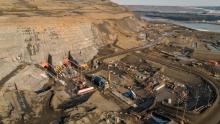In any discussion of a transition to a zero carbon economy, the question of how we pay for it always arises. For example, while the private sector, businesses and households will often save big from the adoption of more efficient technologies, someone has to pay the upfront investments.








